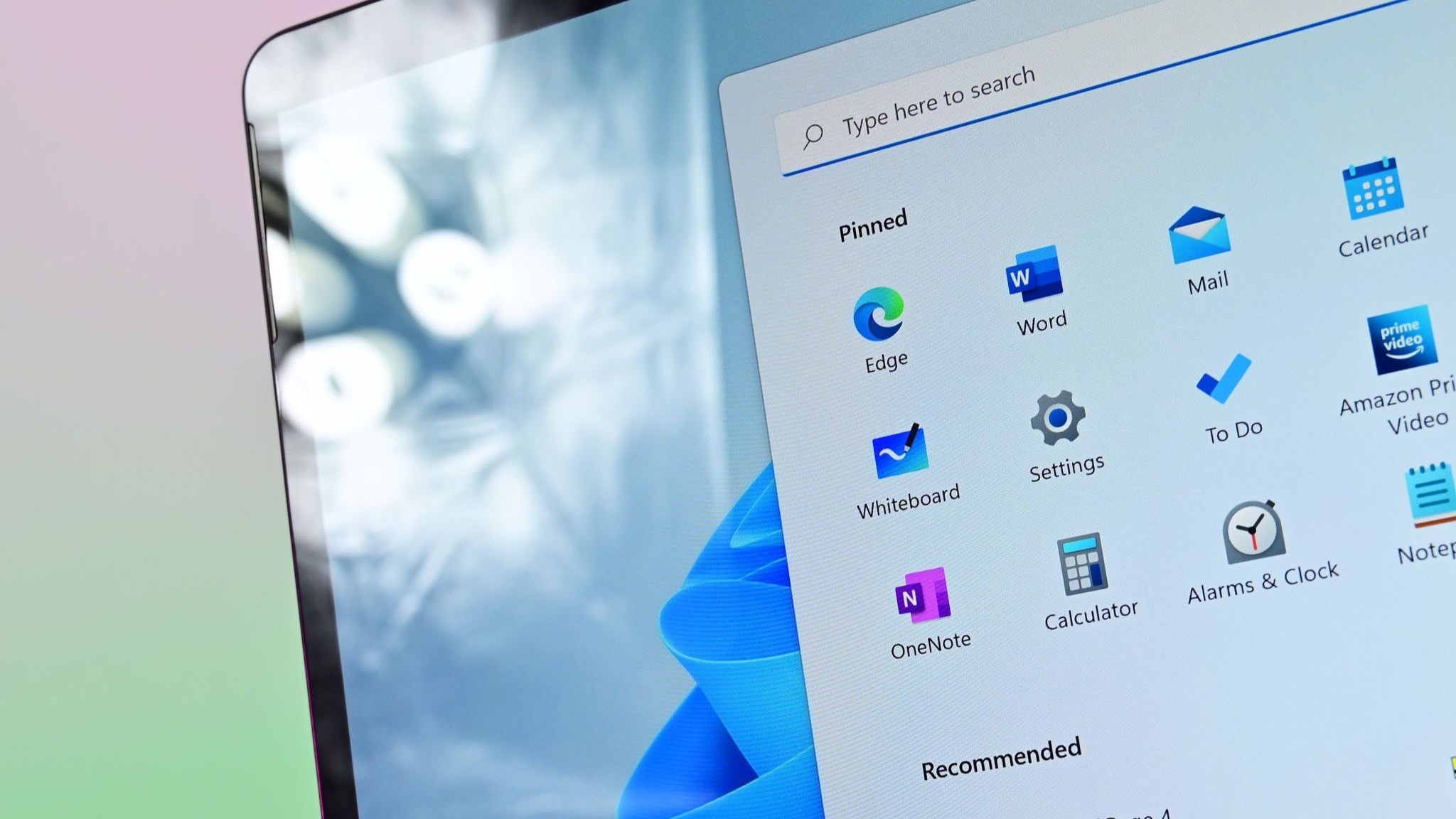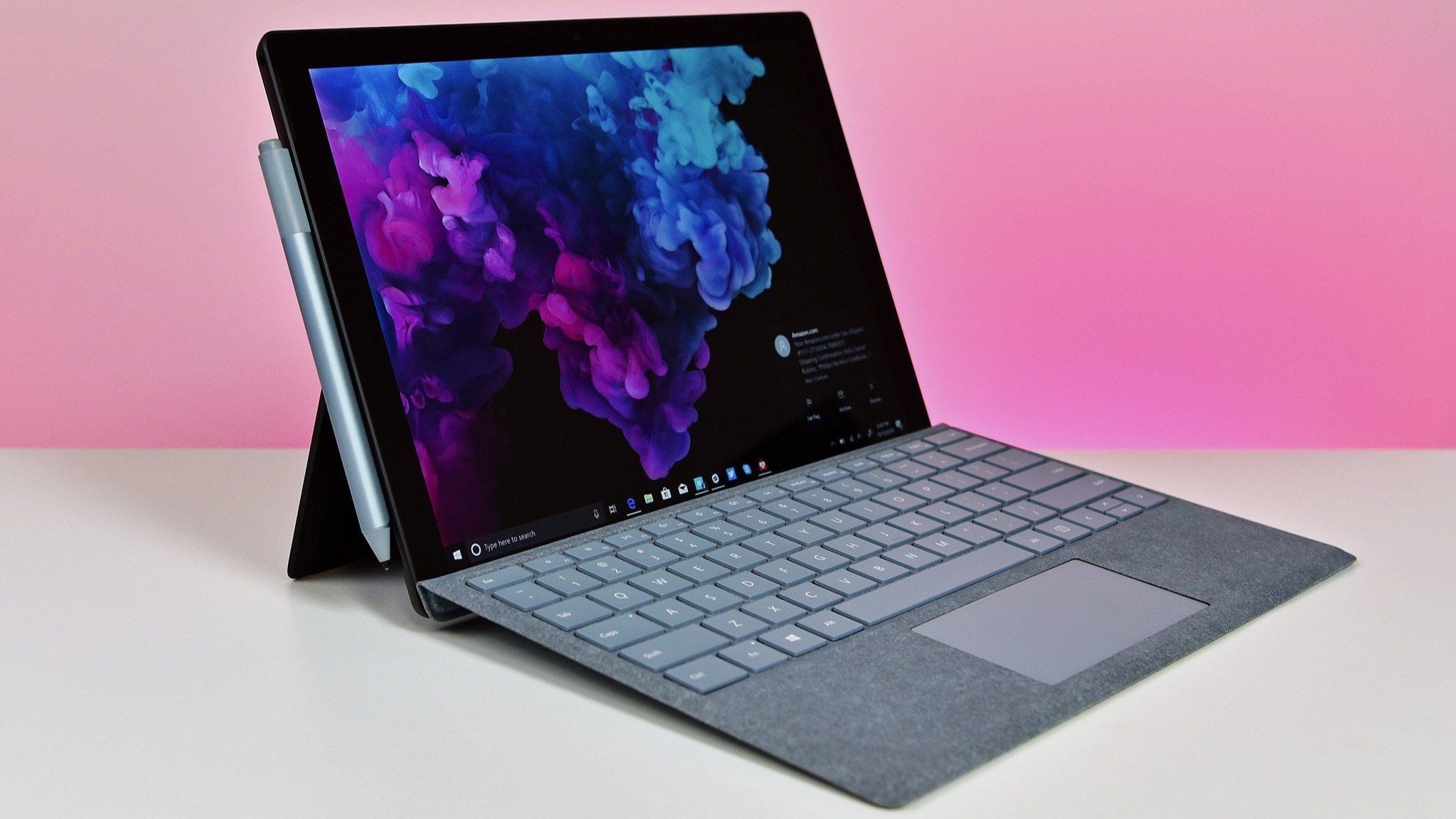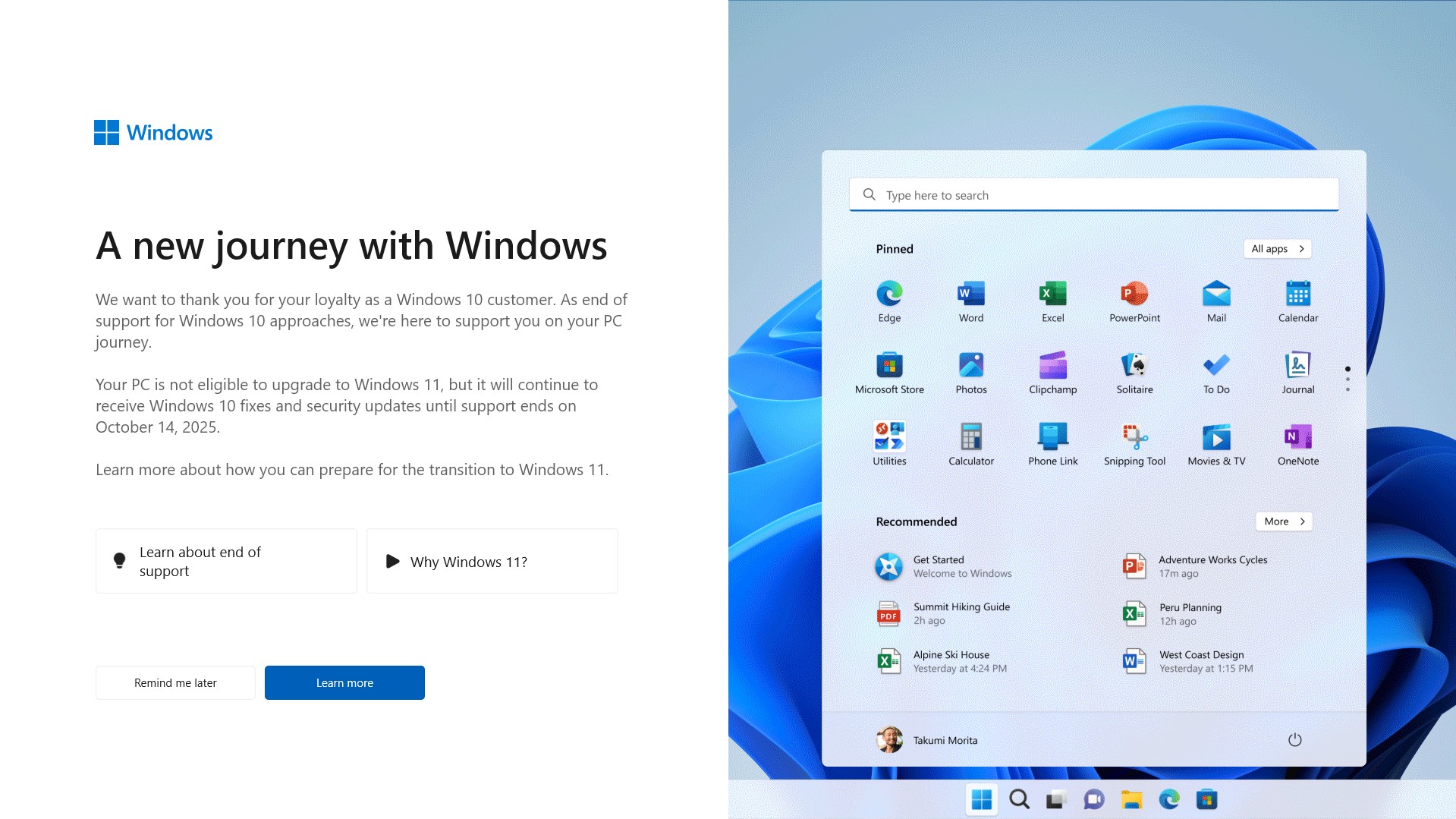After over two years, Microsoft will let these PCs upgrade to Windows 11
Microsoft has lifted a compatibility hold that stopped some PCs from upgrading to Windows 11 for over two years.

What you need to know
- Microsoft has lifted a compatibility hold on certain systems that have been blocked from upgrading to Windows 11 for over two years.
- The issue is related to Intel Smart Sount Technology when running on 11th Gen Intel Core processors and Windows 11.
- New drivers resolve the issue and have allowed Microsoft to clear the way for previously affected PCs to upgrade to Windows 11.
Your PC may finally be able to upgrade to Windows 11, assuming you're in a subset of users with a specific CPU. Before you get too excited, this isn't a policy change from Microsoft regarding Windows 11's minimum requirements. Instead, it's a fix for a bug that required a compatibility hold to ensure that systems didn't run into issues. With the bug fixed, the hold has been lifted.
Back in 2021, shortly after Windows 11 came out, Microsoft and Intel found compatibility issues with Intel Smart Sound Technology (Intel SST) on 11th Gen Core processors running Windows 11. Microsoft applied a compatibility hold on affected systems, preventing those PCs from upgrading to Windows 11. Now, over two years later, Microsoft has resolved the issue and cleared a path for those computers to run Windows 11.
Microsoft explains the upgrade path to Windows 11 after updating the Windows Smart Sound Technology drivers:
"Once you have updated to a compatible version of the Intel Smart Sound Technology drivers, you should be able to upgrade to Windows 11. Please note, if there are no other safeguards that affect your device, it can take up to 48 hours before the upgrade to Windows 11 is offered. We recommend that you do not attempt to manually upgrade using the 'Update now' button or the Media Creation Tool until you have performed the necessary driver updates."
As noted by Microsoft, it may take up to two days for your PC to see the option to upgrade to Windows 11 after you update the device's Intel SST drivers.
Windows 10's time is running out

Windows 10 reaches end of support in October 2025. Microsoft encourages people to upgrade systems to Windows 11, but that's not an option for everyone. The strict minimum requirements of Windows 11 prevent some relatively new PCs from being able to update to Microsoft's latest operating system.
Recently, Microsoft revealed how much it would cost commercial customers to continue to receive security updates for Windows 10 after the support cutoff. Pricing starts at $61 per device for the first year but goes up rapidly after that. It will cost $122 per device to get security updates for a second year and then $244 per device for a third year. Microsoft will share how much it will cost individuals to continue to get security updates for Windows 10, but it's not expected to be cheap.
All the latest news, reviews, and guides for Windows and Xbox diehards.

Microsoft has always been straightforward about when support for Windows 10 would end. The issue for many is that their PCs aren't able to upgrade to the newer operating system. Microsoft surprisingly started showing full screen ads for Windows 11 on Windows 10 PCs that could not upgrade.
The ad thanks users for their loyalty, warns of the end of support of Windows 10, and encourages people to prepare to transition to Windows 11. Of course, for some people transitioning to Windows 11 requires buying a new PC and, most likely, a new Windows license. As a reminder, OEMs pay Microsoft for licenses of Windows and that cost is built into the price of a new PC.

Sean Endicott is a news writer and apps editor for Windows Central with 11+ years of experience. A Nottingham Trent journalism graduate, Sean has covered the industry’s arc from the Lumia era to the launch of Windows 11 and generative AI. Having started at Thrifter, he uses his expertise in price tracking to help readers find genuine hardware value.
Beyond tech news, Sean is a UK sports media pioneer. In 2017, he became one of the first to stream via smartphone and is an expert in AP Capture systems. A tech-forward coach, he was named 2024 BAFA Youth Coach of the Year. He is focused on using technology—from AI to Clipchamp—to gain a practical edge.
